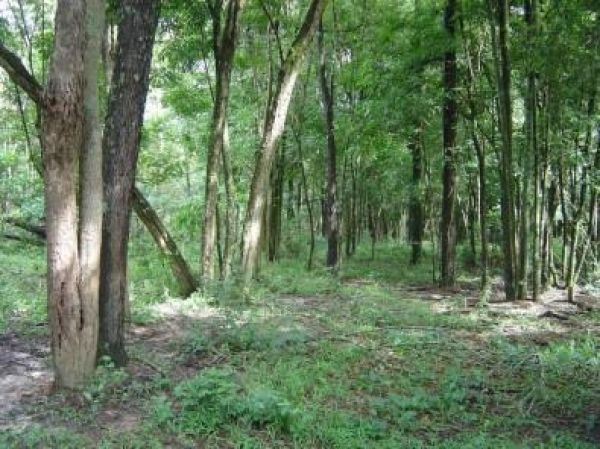About 60 miles east of New York’s Montauk Point, a 128,000-acre expanse of the Atlantic Ocean is expected to produce enough electricity to power around 850,000 homes when it’s populated with wind turbines and connected to the onshore grid in the next few years.
articles
Researchers Detect Cold Gas Pipelines Feeding Early, Massive Galaxies
To come into being, galaxies require cold gas to undergo gravitational collapse. The larger the galaxy, the more cold gas it needs to coalesce and to grow.
Record-High Arctic Freshwater Will Flow Through Canadian Waters, Affecting Marine Environment and Atlantic Ocean Currents
Freshwater is accumulating in the Arctic Ocean. The Beaufort Sea, which is the largest Arctic Ocean freshwater reservoir, has increased its freshwater content by 40% over the past two decades.
Over 80% of Atlantic Rainforest Remnants Have Been Impacted by Human Activity
A Brazilian study published in Nature Communications shows that human activities have directly or indirectly caused biodiversity and biomass losses in over 80% of the remaining Atlantic Rainforest fragments.
According to the authors, in terms of carbon storage, the biomass erosion corresponds to the destruction of 70,000 square kilometers (km²) of forest – almost 10 million soccer pitches – or USD 2.3 billion-USD 2.6 billion in carbon credits. “These figures have direct implications for mechanisms of climate change mitigation,” they state in the article.
Atlantic Rainforest remnants in Brazil are strung along its long coastline. The biome once covered 15% of Brazil, totaling 1,315,460 km². Only 20% of the original area is now left. The fragments are of varying sizes and have different characteristics.
To estimate the impact of human activity on these remnants, the researchers used data from 1,819 forest inventories conducted by several research groups.
Read more at: Fundacao de Amparo a Pesquisa do Estado de Sao Paulo
Biodiversity and biomass losses in the biome using data from 1,819 forest inventories. In terms of carbon storage, the losses correspond to the destruction of 70,000 km² of forest, representing some USD 2.6 billion in carbon credits (Photo Credit: Renato de Lima/USP)
Positive Reinforcements Help Algorithm Forecast Underground Natural Reserves
Texas A&M University researchers have designed a reinforcement-based algorithm that automates the process of predicting the properties of the underground environment, facilitating the accurate forecasting of oil and gas reserves.
Scientists Describe Earliest Primate Fossils
A new study published Feb. 24 in the journal Royal Society Open Science documents the earliest-known fossil evidence of primates.








